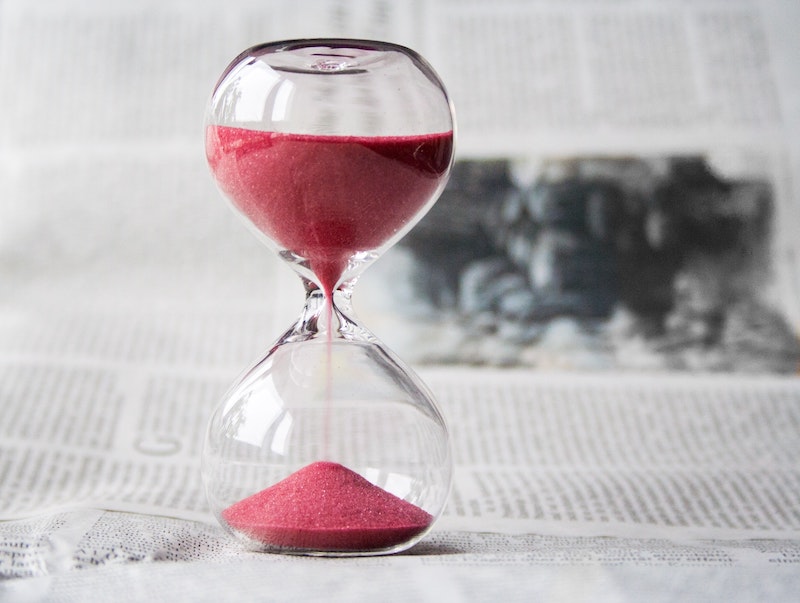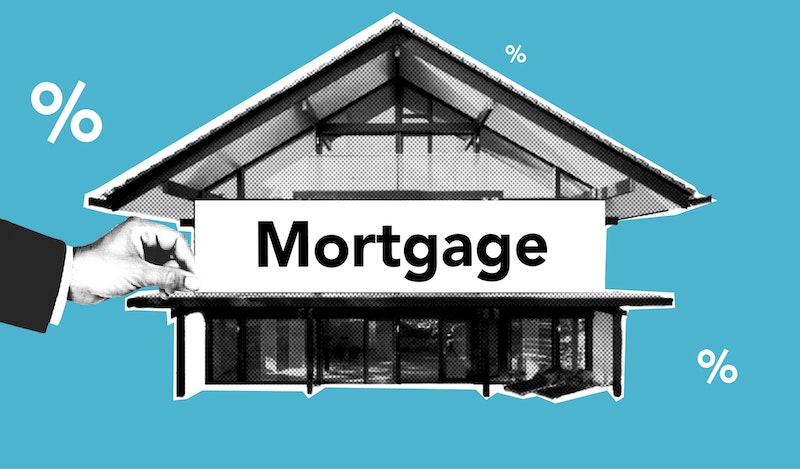The repayment of a mortgage is done over time, and the duration and terms of the loan repayment will be agreed up front between the lender and the borrower.
What Should I Do at the End of My Mortgage Term?
As the mortgage is paid off in monthly instalments over the course of many years, there is not something specific you need to do at the end. However, there may be small administrative tasks such as requesting a copy of your Title Deeds.

For homes purchased after 1990, they will be listed with the Land Registry so deeds can be requested directly from them. If for any reason your home is not registered with the Land Registry, you can request the deeds from your mortgage lender.
Aside from that, the only responsibility is ensuring the maintenance of the home and making sure that you have a valid home and contents insurance policy.
What Happens at the End of a Repayment Mortgage?
At the start of any mortgage agreement, terms are agreed between the borrower and the mortgage provider. As part of this, they will agree on the amount of the mortgage, the interest rate, the monthly repayment plan and the duration of the loan. Both parties agree to uphold their end of the arrangement and affordability checks are carried out at the start to ensure that this is a realistic and affordable plan.
A typical mortgage is repaid over 25 years but will depend on the specific loan terms you have with your particular lender. At the end of this term, the borrower is expected to have repaid the full amount of the mortgage plus any interest.
After achieving this, the mortgage holder will be the owner of 100% of the property’s equity and the mortgage lender will have no charge against the property. With this, the owner has full flexibility with the property meaning that, should they choose, they could release some equity from the property.
There may be some variation about the mortgage repayment if, for example, the borrower has chosen to make overpayments on their mortgage in the past. Conversely, you may have been unable to meet certain payments or taken a mortgage holiday which would mean that your payment plan is behind. It may also be that you have extended the term of your mortgage.
What Happens at the End of an Interest-Only Mortgage?
If you have taken out an interest-only mortgage, although these are increasingly less common, you will only need to pay interest on the loan during the mortgage term. This means that at the end of the agreed term, you are left to pay the full original amount that you have borrowed in one big lump sum.
With interest-only mortgages, it is advisable to use savings, investments or inheritance to help pay off the lump sum at the end of the agreed term. You can also sell your house or get a new mortgage deal in order to make this an affordable option. The option to sell is especially relevant if your home has increased in value since its initial purchase.

If you are unable to pay your interest-only mortgage, for whatever reason, you should speak to your lender as soon as possible to see if they can make any provisions.
Another option could be switching to an alternative mortgage type (a repayment mortgage) with your current lender to introduce the concept of monthly repayments and make the mortgage more affordable. You can also choose to switch only a part of your mortgage to repayment.
How Can I Repay My Mortgage Early?
There are many different options to repay a mortgage ahead of time, although you should always check whether this is possible with your mortgage lender as sometimes it can incur a fee. Here are some of the possible ways to pay off your mortgage early:
- Make extra mortgage payments
- Refinance your mortgage
- Make lump sum payments
- Recast your mortgage
Make Extra Mortgage Payments
Rather than monthly payments, you can speed up the pay off process by making biweekly mortgage payments or an additional payment per month. Overall this leads to 13 months of mortgage payments annually instead of 12 meaning that you are reducing the length of time you will be paying off your mortgages.
The other option would be to pay more in each monthly instalment meaning that you can make a greater dent in the total amount owed.
Refinance Your Mortgage
Refinancing your mortgage to achieve an earlier repayment is only a logical solution if you can get a lower interest rate. The option to refinance usually comes with associated fees so you need to make sure that this is actually logical from a cost point of view.
It is also possible to refinance to gain a shorter-term loan which will also mean that you are paying off less interest in the long run.
Make Lump Sum Payments
Whenever you have more money accessible, you can make lump-sum payments to your principal. For example any work-related bonuses, inheritance or even the sale of valuable personal items can provide funds which can be used as extra cash to advance your mortgage.
You can check with your mortgage provider that you are able to do this and will need to specify that you want to apply the lump-sum payments to be put towards the principal. This could be a good option for avoiding the associated fees of refinancing or recasting.
Recast Your Mortgage
When you recast your mortgage, you keep your existing loan but pay a lump sum towards the principal. Following this, your lender will adjust the amortisation schedule resulting in a shorter loan term. This can work out as a cheaper option as it incurs lower fees than refinancing.
